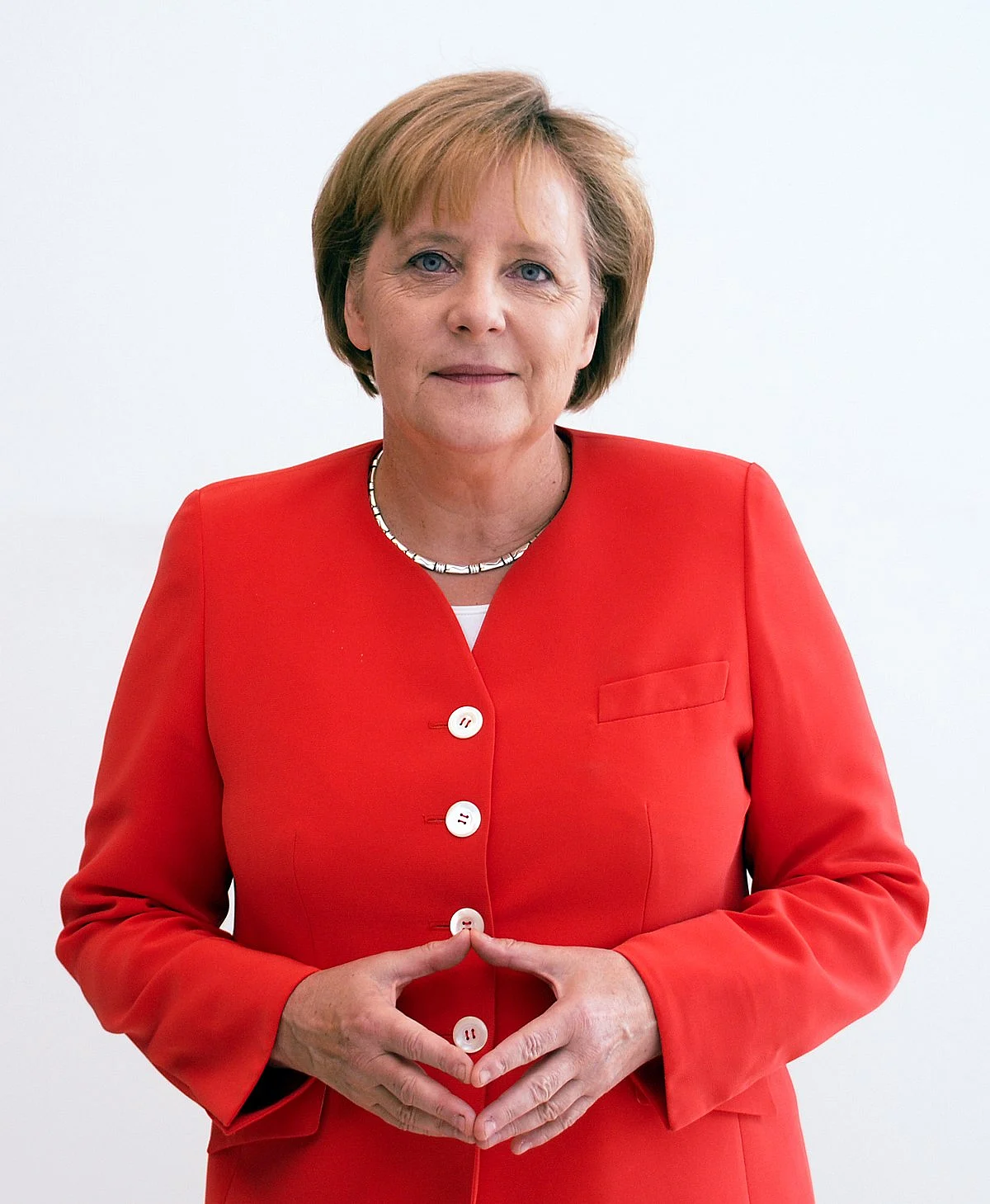Angela Merkel: More than Germany, EU will miss her
German Chancellor Angela Merkel steps down this week after 16 years at the helm of Germany, the strongest economy in Europe

A woman (divorced, remarried, no children), a scientist (quantum chemistry) and an Ossi (a product of East Germany), Angela Merkel has been a bit of an oddity in German politics.
But even her critics acknowledge her scientific detachment and analytical skills. Her years in East Germany under the dictatorship of the communist party, observers believe, made her cautious and reticent, keeping her own counsel. Throughout her career, she made a virtue of biding her time and keeping her mouth shut, said a perceptive report.
When Gerhard Schröder called early elections in 2005, Merkel became C.D.U.’s candidate for Chancellor. She was not given much of a chance and the fight was seen to be confined between Schröder and ex-foreign minister Joschka Fischer— both of whom apparently loved political arguments and expensive wine with seven ex-wives between them. The two men despised Merkel and she in turn reciprocated the sentiment.
“In 2001, after photographs were published of Fischer assaulting a policeman as a young militant in the seventies, Merkel denounced him, saying that he would be unfit for public life until he “atoned”—a comment that many Germans found strident. During the 2005 campaign, Fischer said in private talks that Merkel was incapable of doing the job,” recalled a magazine in 2013. But Merkel beat both the men to become the Chancellor.
Her unsmiling face is at odds with her reputation of being an excellent mimic. German journalists say she often replayed entire conversations with other world leaders, performing wicked imitations. Among her favourite targets have been Kohl, Putin, King Abdullah of Saudi Arabia, former Pope Benedict XVI, and Al Gore. (“Ah have to teach mah people,” she mimics, in a Prussian approximation of central Tennessee.)
Merkel’s determined leadership of the European Union has been described as a compulsion. Critics quote Henry Kissinger describing Germany as being “too big for Europe but too small for the world”. Merkel, they claimed, needed the European Union because Europe makes Germany look bigger.
In her speeches Merkel made a point to say that Europe with just seven percent of the world’s people and 25 percent of the world’s economic output, spends 50 percent of the world’s social welfare. She was known to fret that Germany has no Silicon Valley, no German Facebook, no German Amazon. She also felt Germans were too complacent about their good fortune, believing that their affluence would last forever.
One of the abiding anecdotes repeated often is about a meeting she had in 2007 at the Russian President’s residence in Sochi. Putin is said to have summoned his black Labrador, Koni, into the room where he and Merkel were seated. Merkel froze, visibly frightened. She’d been bitten once, in 1995 and her fear of dogs amused Putin. He savoured the moment, legs spread wide. “I’m sure it will behave itself,” he lazily quipped. Merkel, German journalists present recalled, had the presence of mind to reply, in Russian, “It doesn’t eat journalists, after all.”
Later, Merkel apparently told German journalists, “I understand why he has to do this—to prove he’s a man…he’s afraid of his own weaknesses. Russia has nothing, no successful politics or economy. All they have is this.”
The European Union is going to miss her unless she decides to play a different political innings in EU.
Views are personal
Also Read: Is ‘Miracle Merkel’ really bowing out?
Follow us on: Facebook, Twitter, Google News, Instagram
Join our official telegram channel (@nationalherald) and stay updated with the latest headlines
